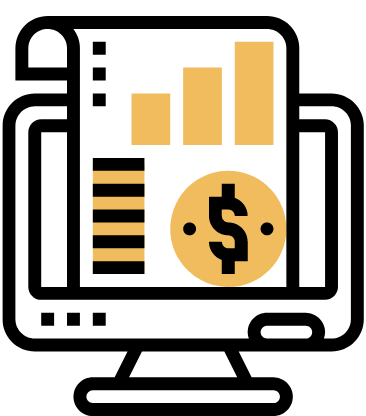C is for CPA
CPA (Certified Public Accountant): A professional who has passed the Uniform CPA exam among other state requirements regarding experience and education, to carry out accounting and tax work with expertise.
Looking for an accountant or a CPA? Do you know the difference?

A CPA holds a higher level of designation in the accounting world, having accomplished being held to a higher standard and larger course work requirements to earn the title of CPA. Unlike other accountants, to become a Certified Public Accountant one must meet these requirements:
- Receive a Bachelor’s degree from an accredited college
- Take 30 (or sometimes more) hours of additional college hours of higher level accounting classes
- Pass the CPA exam (which passing rates are barely above 50%)
- Work 2 years under a licensed CPA
- Maintain this qualification by completing continuing professional education (CPE) credits
Getting the Bachelor’s degree might be the easy part; a CPA exam can last 5 hours while being tested in 4 subject sections. To maintain a rounded education the four sections consist of: auditing and attestation, financial accounting and reporting, regulation, and business environment and concepts. The exam is unique not only because of the difficult material, with study times ranging from 80 to 180 study hours, but the limited testing period as well. Those looking to become a Certified Public Accountant must complete all tests within 18 months.
So why go through all this education and testing for the certification and distinction?

With the additional education and continued education, CPAs can perform more for clients and their businesses. They are able to represent clients to the IRS, among tax preparations of personal and business returns, analyzing financial statements, as well as as assisting with payroll taxes and more. Holding a higher credibility with their title not only gives more power, but more distinction as well.
Think of the difference between CPAs and accountants this way: All CPAs are accountants but not all accountants are CPAs.